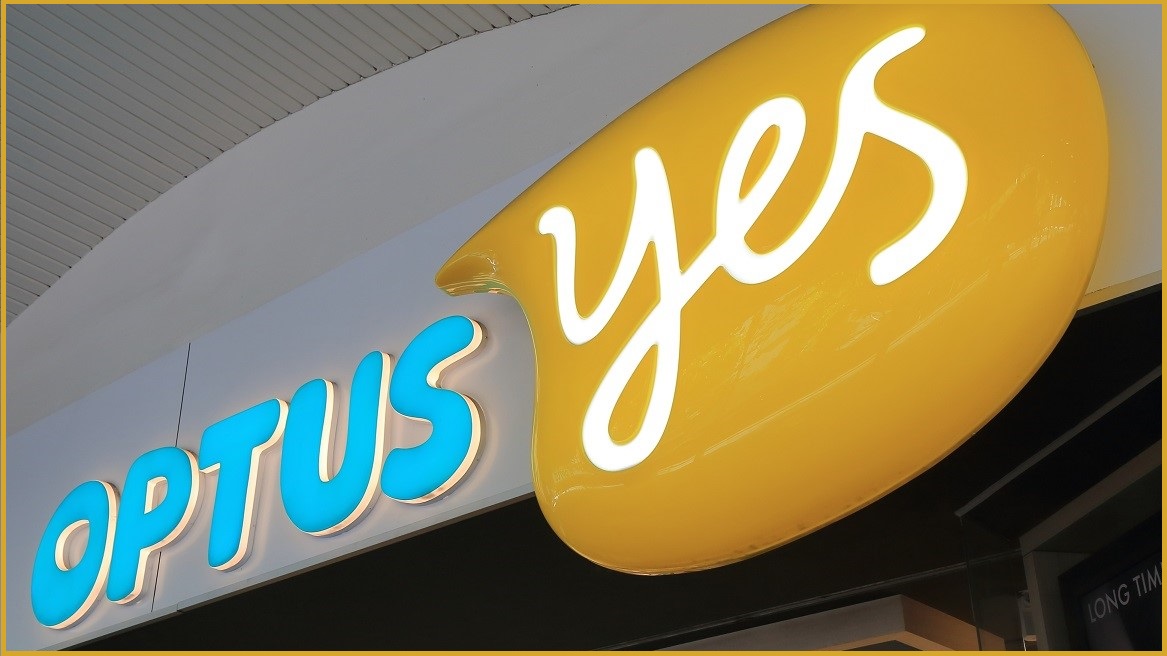Optus knew for more than four years that hundreds of thousands of customers had accidentally paid for unwanted mobile content, the Federal Court noted in handing the telco a $10m penalty for misleading consumers and breaching the ASIC Act.
The charges were incurred through the carrier’s direct carrier billing (DCB) service, which was turned on by default and allowed games, ringtones, wallpapers, and other content to be charged to customers’ mobile bill with just one or two clicks on a Web browser.
Optus had received over 600,000 enquiries about the service, the Australian Competition and Consumer Commission (ACCC) noted when it commenced proceedings against the carrier in October, but failed to change its practices and implement “appropriate identity verification safeguards”.
One customer on Optus’ customer-support forum cried foul over “dodgy” practices after being charged for a subscription to a gaming service after double-clicking on an ad that, the customer said, “never happened.”
Optus had “found a loophole to get more money off its customers via third parties who give them a percentage of their scam-driven profits,” the customer raged.
Until it ceased nearly all of its DCB services in August, Optus was taking commissions for sales of third-party services – but referred consumers to the DCB providers when they complained.
“In many cases, Optus customers had no idea they were buying anything, and certainly did not need or want the content for which they were being charged,” ACCC chair Rod Sims said in calling out the carrier’s “simply unacceptable” conduct.
“Optus failed to take appropriate action, choosing instead to continue to charge customers and collect commissions on these sales, even after numerous complaints.”
An industry-wide problem
The penalty mirrors the $10m Federal Court punishment handed to Telstra last year, after the company’s Premium Direct Billing (PDB) service was found to have created similar problems by subscribing consumers to a range of premium mobile services.
Telstra and its partners have refunded more than $14.3m to its customers, with reports suggesting the company earned around $60m from direct-billing services – and that up to 10,000 customers per month were calling to dispute charges.
Providers of those services have also suffered from the telcos’ poor controls over customer subscriptions: long-time premium-content provider Impelus, for one, estimated the cessation of Telstra’s service cost it up to $680,000 in EBITDA.
Optus has so far refunded approximately $8m to around 240,000 affected customers, while third-party providers have repaid an additional $13m.
Yet even after paying the $10m penalty, Optus will still make a profit on its DCB offerings – from which it has earned around $65.8m in commissions since 2012 based on sales of around $195m in content.
Third-party billing problems have been widely reported for years, with consumer-advocacy group the Australian Communications Consumer Action Network (ACCAN) publishing a guide on the subject in 2017 that still sits on the organisation’s home page.
An October report suggested the ACCC had been requesting information about Vodafone’s premium mobile services, but the agency has not yet taken action against the carrier.
Optus has published guidelines about managing third party content charges. Customers who suspect they have been charged for unwanted DCB content should contact the company on 13 39 37.










